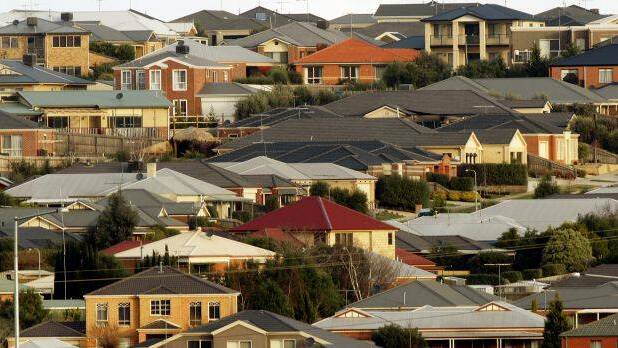
DIFFICULT TO ENTER MARKET
TONY LeFevre may be right in calling for a royal commission into the real estate industry but don't hold your breath while waiting.
Subscribe now for unlimited access.
$0/
(min cost $0)
or signup to continue reading
Why aren't we marching in the streets and demanding to know why many people are priced out of getting a roof over their head.
Is it because most people nowadays see their home as an investment, and we have been conditioned away from mine and my parents thinking that it was primarily a stable roof over your head, not something to make money out of?
I may be totally wrong, but I wouldn't like to be a younger person now starting out.
Kevin Pitt, Hadspen.
BRIDGET'S EFFORTS LAUDABLE
I'VE been reflecting on the laudable effort of Bass MP Bridget Archer to provoke a debate on fulfilling her party's pledge to introduce a federal anti-corruption body.
It was a remarkable response by Prime Minister Morrison to Ms Archer's efforts to get her own government's policy fulfilled, dragging her in at short notice to check on her mental health.
For we have a government that is shocked and offended by any deviation from a chorus of support.
READ MORE: Two more COVID cases recorded in Tasmania
Its attitude would make the Chinese Communist Party proud.
Wherever one looks, there are Liberal Party figures suing Twitter critics, leaking texts from French presidents, deluded protesters on the streets of states with Labor governments (identical policies in Liberal-led states are not a problem), direct attacks on the few journalists who still question. Liberal-aligned news organisations dominate the national debate.
It is little wonder Prime Minister Morrison remains popular.
Peter Lloyd, Reedy Marsh.
PAYROLL TAX A RELIC
IT'S about time this regressive tax was abandoned.
Payroll tax began, I think in the late 1930s, as a means of gathering information about employment levels.
It was devised by the federal head statistician (Was it Roland Wilson?) as a means of gathering employment information.
It continued as a minor tax until given by the federal government to the states as a growth tax, something that states, as ever starved of funds, were crying out for.
And then as a state tax it rapidly spiraled upwards.
If this tax is eliminated because of negativity on employment, the revenue shortfall could be retrieved by extending the range of the goods and services tax.
If there were fewer exemptions from GST, or the level was increased to 12.5 per cent, states would be compensated.
Mind you, GST would need to be immediately responsive to state revenue levels so that distribution to greedy states, such as Western Australia, swimming in mining royalties with a budget surplus of $5 billion, is sensibly adjusted.

